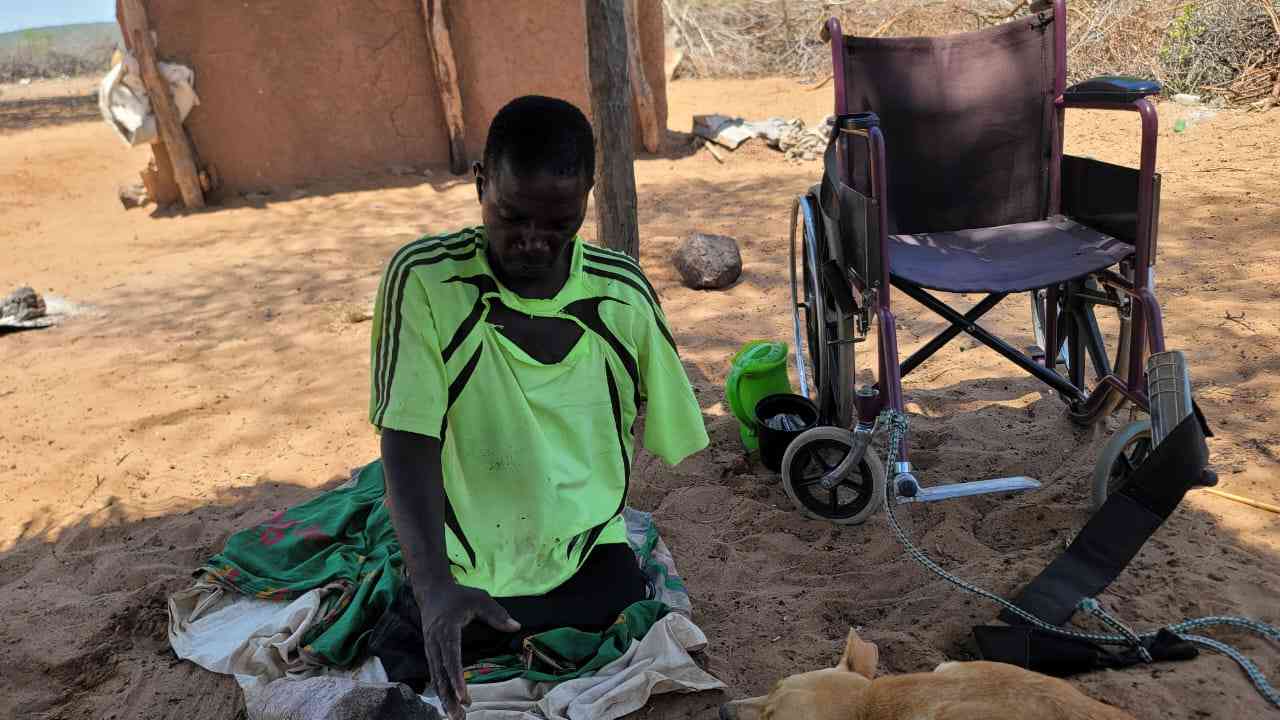
AS the Southern African Development Community (Sadc) prepares for its annual summit in Harare tomorrow, Zimbabwe’s industry has intensified calls for the regional bloc to address persistent trade barriers that are undermining economic stability in member states.
The summit will see President Emmerson Mnangagwa assume the chairmanship of the 16-member bloc, a critical platform where the aspirations of Sadc’s 380 million citizens are shaped.
However, scepticism persists among Zimbabwean business leaders, who argue that the summit has increasingly become a forum for rhetoric rather than actionable economic integration.
Industry leaders acknowledge that Sadc has made progress in fostering regional cooperation, but they point out that significant challenges remain.
Economic fragilities and inadequate infrastructure continue to impede the flow of goods and intra-Sadc trade.
With a combined gross domestic product (GDP) estimated at US$125 billion, Sadc must tackle protectionist policies and reinforce free trade, according to industry leaders and economists interviewed by the Zimbabwe Independent.
In recent years, the bloc’s summits have shifted focus from political discussions to economic growth, reflecting the changing priorities since its formation in the 1980s.
While political instability remains in areas like the Democratic Republic of Congo and Mozambique, economic integration is expected to dominate discussions.
- NoViolet Bulawayo’s new novel is an instant Zimbabwean classic
- Jah Prayzah, Zanu PF rekindles ‘lost love’
- Bank workers appeal to Ncube for tax relief
- AfDB cuts Zim’s growth projections to 3.5%
Keep Reading
The industry leaders and economists hope the summit will come up with ways to deepen economic integration, create jobs and end poverty.
Zimbabwe National Chamber of Commerce (ZNCC) president Tapiwa Karoro said: “Sadc has made a lot of strides in trying to promote intra-Sadc trade. This includes looking at both tariff barriers and non-tariff barriers.
“Understandably, each member country is obviously looking to develop its own industrial capacity. I believe that we need to take a pragmatic approach to intra-Sadc trade.
“And this pragmatic approach includes being able to look at how the different member states develop to be able to have a comparative advantage,” he added, noting that Sadc stood to benefit from the African Continental Free Trade Area (AfCFTA).
AfCFTA, which began in 2021, unites 55 African economies with a combined GDP of US$3,4 trillion and a population of 1,5 billion.
They view AfCFTA as a blueprint for Africa’s economic transformation, with potential to boost the continent's GDP by 6% annually, reaching US$66,4 trillion in the next 50 years.
The blueprint includes the removal of duties in 90% of goods originating within member states.
Denford Mutashu, president of the Confederation of Zimbabwe Retailers (CZR), said Zimbabwean businesses were worried about protectionist policies within Sadc.
“Regional integration to unlock increased goods and people movement among Sadc countries is key and will spur industrialisation,” he said.
"Competitiveness is paramount, and the bloc should eradicate country protectionist policies to allow ease flow of goods.”
Stephen Chan, a professor of world politics at the University of London, noted that economic difficulties across the region are hindering efforts to strengthen trade and integration.
“Sadc cannot be more than the sum of its parts and, right now, almost all of its parts are in economic difficulty,” he said.
“For years, Zimbabwe has been the economic drag on dynamic coordination and cooperation, as its economy has not functioned well.
“But the South African economy has now also encountered a huge number of infrastructural issues.
“Zambia has been struggling with chronic debt renegotiations. All that Sadc can do for now, is to hold steady — notwithstanding all manner of bold words that will emerge from the summit,” Chan added.
Chan cited inadequate transport infrastructure as a major obstacle to increased trade.
He said poor road networks and underdeveloped rail systems remained Achilles' heels for Sadc.
Until these are addressed, Chan pointed out the region will struggle to achieve its full potential.
“I am yet to see a fully laden freight train leave Harare for a regional destination on the edge of Sadc. In short, Sadc is necessary for the future but, right now, it is not able to function as well as intended,” he said.
Economist Vince Musewe echoed the call for greater integration, saying the free movement of goods and services was essential for regional development.
“Any region that fails to integrate will be left behind,” Musewe warned.






